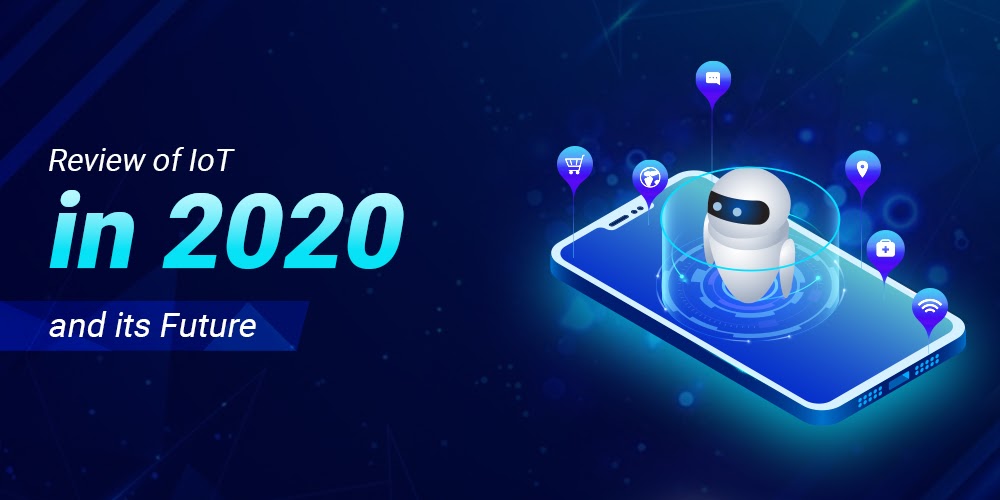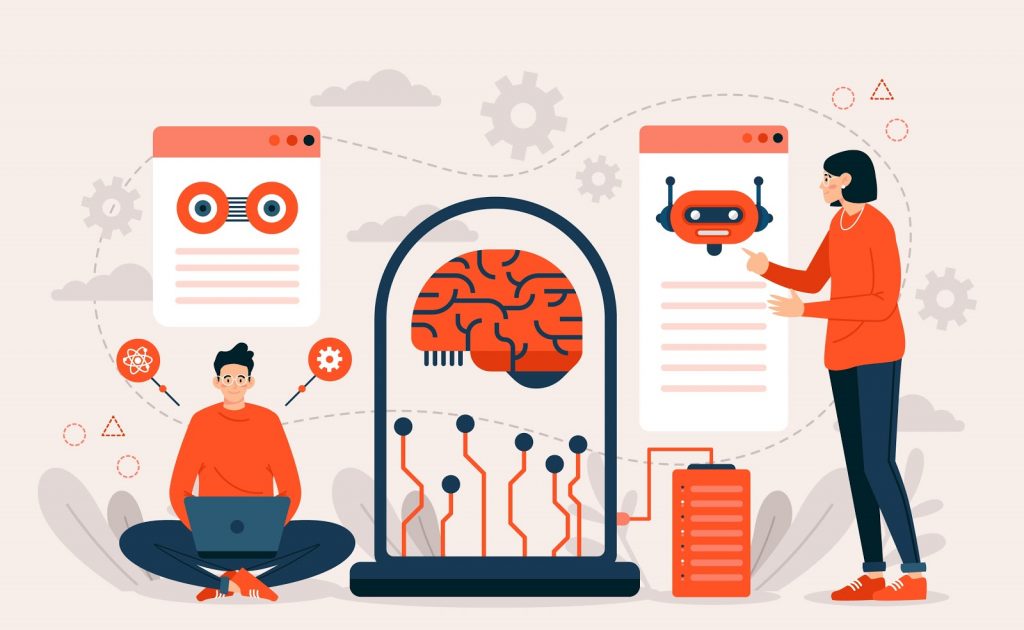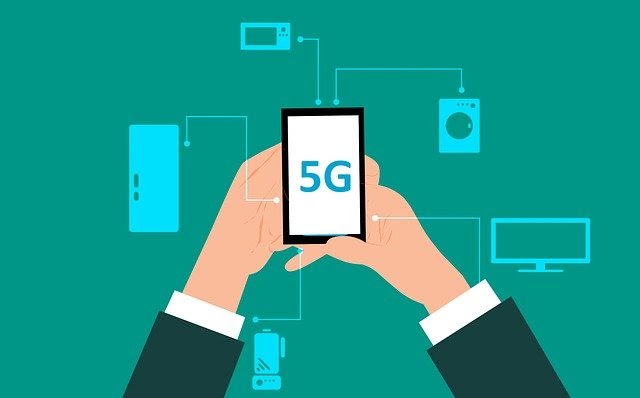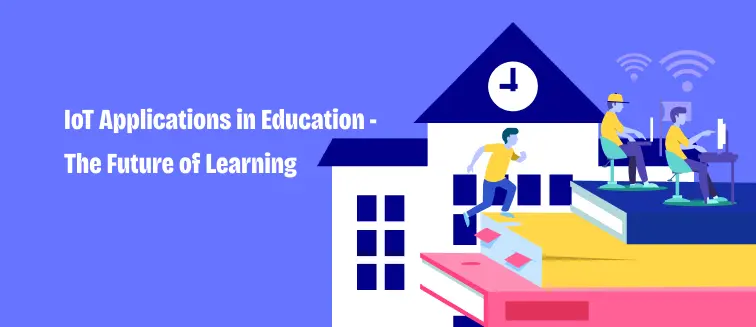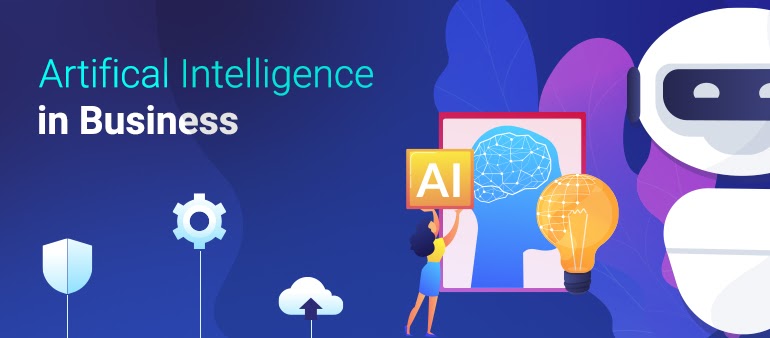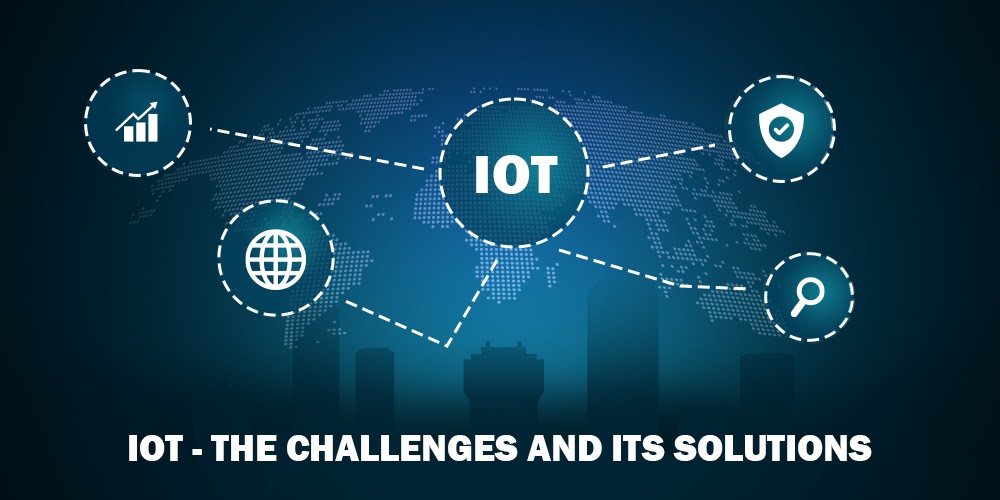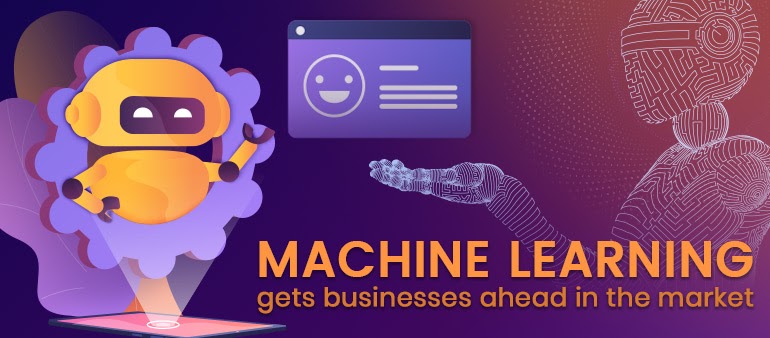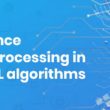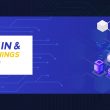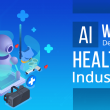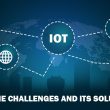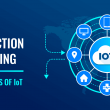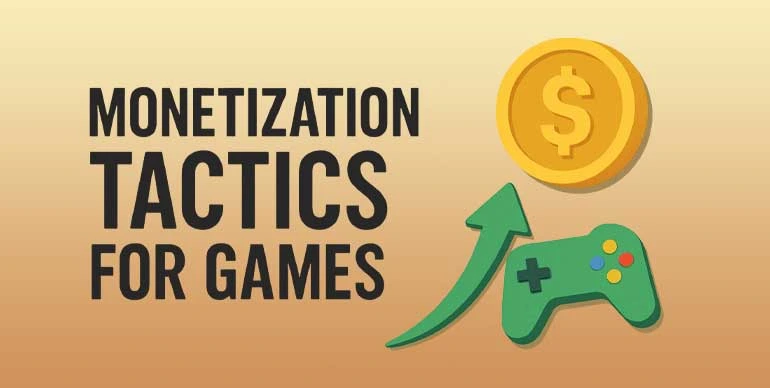As the clock struck midnight on January 1, people globally let out a massive sigh of respite. The year 2020 has not been the best of the years, and there is a belief that 2021 will bring great relief in the form of COVID-19 vaccine that will help stop the virus and thereby pave the groundwork for a global economic recovery.
The internet world is blooming. It is not only about laptops, computers, tablets, and smartphones anymore. Numerous devices are now internet-connected. Door locks, washing machines, robotic vacuum cleaners, toys, and toasters are part of the list of “smart” devices.
There is no denying the fact that IoT is a powerful tool for business sectors to optimise their operations, increase profits, and minimize the overheads as it has now been incorporated with AI and data analytics software. You can now find the smartest technologies around you, be it on smartphones, security systems, smart appliances, or cars.
Before we go further, let me give you a brief about this growing technology that has taken over the world and the impact of IoT2020.
What is IoT?
IoT refers to a wide array of internet-connected devices that can interact with other devices and networks. They can perform many activities but are most commonly used to collect data and perform specific actions. Basically, a network of connected gadgets that allows sharing of data within the network. All the gadgets are constrained by sensors that are built in it. IoT provides a typical platform for dumping their data and a common language to communicate with each other.
You may also read: IoT data collection & reporting in the light of cloud computing
2020: The year in review
With the COVID-19 crisis, we can assume that there have not been many major advances in the technology field. The global pandemic has caused a significant setback in the technology sector. Many advancements, including 5G and IoT, which were predicted in 2020, had to be moved to later years.
But many improvements were made in the employment and business sectors, as in health care during the year 2020. The global pandemic has forced all the business organizations to change their working practices and goals in a few weeks. For example, 2020 was the year of working from home, and the use of numerous remote-work platforms and technologies that exploded suddenly. Connectivity and the capability to perform home activities from purchasing items like groceries to attending international conferences became more crucial than before. So, 2020 drove companies and employees to become more focused on technology for professional and personal benefit.
As businesses strive to develop digital innovations into the post-pandemic world, it is anticipated that 2021 will meet sustainable development trends. As physical interactions across the globe are constrained, industry sectors like restaurants, shopping malls are in the course of becoming more digital. Thus, there is no wrong in assuming 2021 and 2022 as the “digital year”.
According to a report study by SafeAtLast, there were around 15.41 billion IoT connected devices in 2015, which have risen to 26.66 billion. In 2021, an estimated 35 billion IoT devices will be installed worldwide, and it is expected to reach 75 billion by 2025. This increasingly growing number of IoT devices would create additional opportunities for large and small companies to reap the smart technologies’ benefits.
Looking ahead to IoT in 2021 and beyond, the technology is all set to be the heart of every enterprise. IoT is a technology of hope. This year, few of the trends will come to the forefront, increasing its significance, right from basic health-and-safety needs to data-intensive experiences, edge computing, etc. So, let’s have a look at the future of IoT trends in 2021 that will change your life.
IoT and Big Data
IoT and big data - these two major innovations have developed independently, but they are now interrelated. They compliment each other well. In addition, several IoT devices are based on chips, and the main objective of this is to monitor the user’s activity.
The concept behind integrating these two technologies is to obtain valuable information that can assist in making informed decisions. This is the primary reason big data development and the IoT are essential in making effective business moves. This is the new trend that is emerging and will surely boom in the year ahead.
IoT and Machine Learning
IoT brings more smart tools into our lives and therefore contact from machine to machine becomes more advanced. Machine learning allows you to predict the outcomes of various scenarios better. Analysis of users is constant, whereas the algorithms of machine learning get better over time.
You may also read: Predictive data analytics & machine learning applications across industries
As the IoT devices communicate with other devices, training the smart devices has become more straightforward: you can train them all by training just one device. For example, Apple introduced the Apple watch 4 series in 2018, redesigned and re-engineered with an advanced health monitor. It measures the heart rate of the user and includes a new accelerometer and gyroscope. These features detect hard falls and an electric heart rate sensor that can take an electrocardiogram (ECG) using the ECG app.
IoT and Artificial Intelligence
When combined with AI, IoT can do wonders for your business, and be used to develop highly smart and robust applications. In the past decade, AI has already received a lot of hype, and it continues to be a 2021 trend due to its notable influence on how we live, work, and play.
From 2021 onwards, AI algorithms will need fewer data to generate more efficient results. As IoT devices generate higher and increased quality data, the amalgamation of these two technologies offers increasingly beneficial insights. In industrial companies, IoT and AI will automate processes to minimise the operational costs and reduce downtime. On a commercial level, these two in a combination will help wearable devices as well as other gadgets to understand human behaviour in an automated way better.
Blockchain for IoT security
What does Blockchain technology mean? Is this technology the new internet? It is a technology that allows a company and individual to make instant transactions without any involvement of the third party. It works in the same way as the financial bank works. These days security is the main concern for businesses that deal with digital money transfer. And what can be a better way to transfer the money securely.
The blockchain and IoT technology encrypts the information and stores it in the form of a chain. The transactions are highly encrypted and cannot be changed or hacked. Blockchain IoT solutions are extensively used by financial companies and government institutions, consumers, entrepreneurs, and industrialists. This is one of the most prominent IoT trends that will bring a considerable difference in the technology field and promote its advanced application to create technological devices.
Fast and smooth 5G experience
The introduction of 5G, after the 2020 pandemic, opens several doors for future emerging technologies. As 4G is combined with office work and other internet browsing, whereas, for immersive technology such as AI robotics, self-driving cars, cloud computing, virtual reality, etc. 5G gives more importance to instant communication to work effectively with low latency.
Also, reduced latency will allow the connected IoT devices to send and receive the data much faster than before, enabling the analysis and data management to run at a level that is impossible in 4G networks. With the global pandemic, video streaming and telecommunications became a much-needed component.
The surge from 4G to the upcoming 5G comes down to fast communication and swift response. This instant communication will create new possibilities for AI technologies or IoT. According to the study, with the rise in 5G, IoT sectors have over 50% better gains. Thus, telecom firms have said to roll out 5G networks in countries like India and the US in the second half of 2021.
Prominence of edge computing over cloud computing
In the coming years, edge computing will see a great deal of prominence over cloud computing. The number of advantages it provides makes more and more people and industries will be inclined to use edge computing. IoT devices were previously based on the cloud for data storing needs. But now, rather than sending your entire data to the cloud from the IoT device, it is first transferred to a local device located closer to the device or the edge of the network.
Now, the local storage device(edge) will send a certain part of the data to the cloud directly once sorting and calculating the data. This helps in reducing the traffic to the network. This process manages a large amount of information sent by each device. Also, reduced dependency on the cloud enables apps to run and minimise latency.
IoT and healthcare industry
One of the most crucial IoT applications that will rule the IoT app development in the year ahead is the healthcare industry. The global pandemic and constant lockdowns have forced everyone to consider the importance of the IoT. People have taken a step forward in using connected healthcare applications in the form of smart wearables to monitor their health and manage their illness. The IoT medical devices are expected to reach $72.02 billion by 2021 equivalent to the compound annual growth rate of 26.2%.
Source: Aabme.asme.org
Healthcare devices that are excellently well set up with IoT makes it easier to track the patients’ health status. The 2020 pandemic has significantly increased telemedicine resources. In April 2020, 43.5% of people used telehealth facilities. One of telemedicine’s main advantages is that it eliminates the interaction between healthcare workers, patients, and other patients.
Source: Mobidev.biz
Even after the pandemic is over, telemedicine is expected to continue. Healthcare is now using several sensors and wearable sensors, tracking, indoor navigation technology for healthcare facilities. Mobile health apps as well as digital assistants to monitor the health of the patients at home and a variety of other connected devices will help in reshape the medical world.
Increase in smart city solutions
Over the last five years, we have witnessed many government entities implementing IoT projects that impact entire cities. For instance, Singapore uses a Smart Nation Sensor Platform (SNSP) to collect, process, and transmit data from connected sensors and devices to strengthen transportation, public safety, and urban planning on the island.
Amsterdam’s city government uses a public Wi-Fi network, smart lighting with dimmable LED lights, and cameras in the squares of the city.
As these great projects commence to generate enormous amounts of data, governments have the chance to introduce several intelligent solutions in order to improve the safety of their people, reduce traffic congestion, unleash sustainable development, and foster economic growth. Thanks to the implementation of artificial intelligence. 5G and edge computing innovations can advance data processing to a higher level as cities are turned into hubs for development.
IoT is all set to integrate with other technologies to make life simple and smart. As per market experts, the IoT industry will expand rapidly in the coming years and transform how we see things around us. Whether we talk about the role of the Internet of Things in healthcare services or the great prominence of edge computing, developments in this technology will continue to significant success in the whole technological ecosystems across the globe. These IoT trends will favour both entrepreneurs and consumers, and almost all the industries will experience an increase in their business.
Have any IoT projects in mind? IoT development experts at Logic Simplified offer a wide range of IoT app development services. Our IoT developers use advanced platforms for IoT developments like Amazon Web Series, Google Cloud IoT, openHAB and more. Throughout your business idea, we will guide you and create a next-gen IoT solution that actually benefits your business and your end customers. For any query related to IoT development, please contact us here or write to us at enquiry@logicsimplified.com
 Get a Quote
Get a Quote

